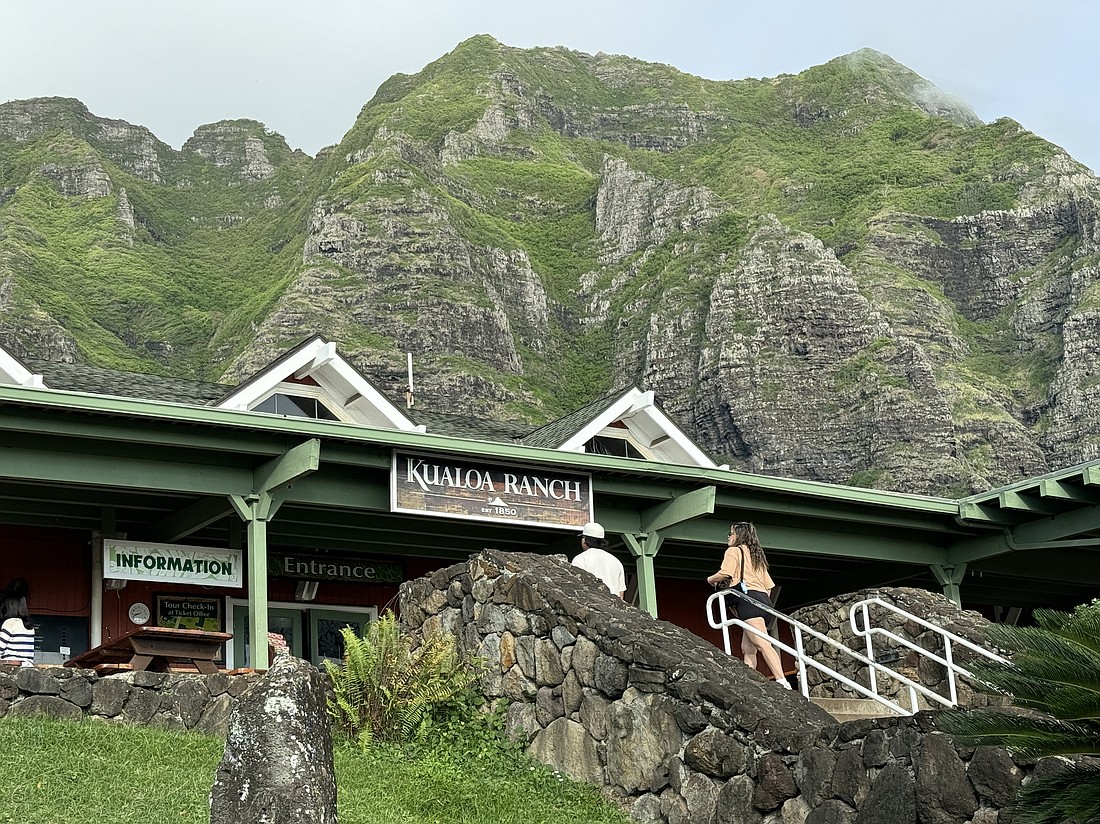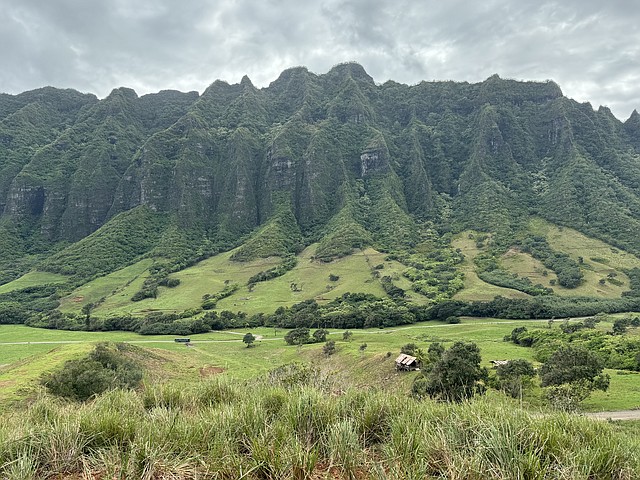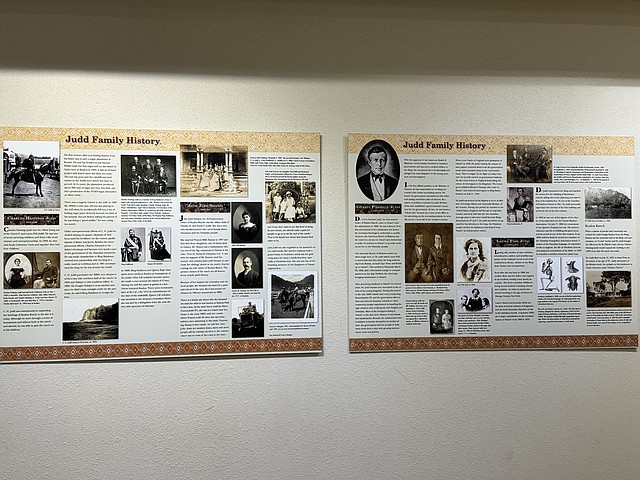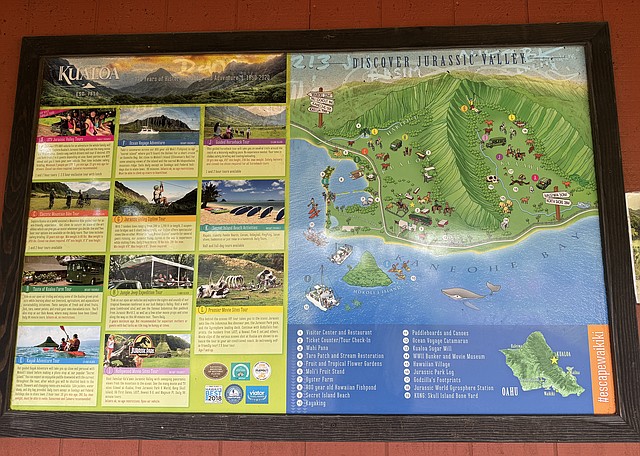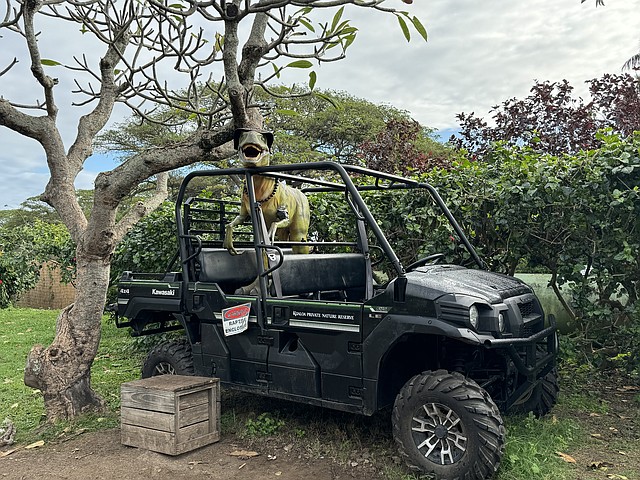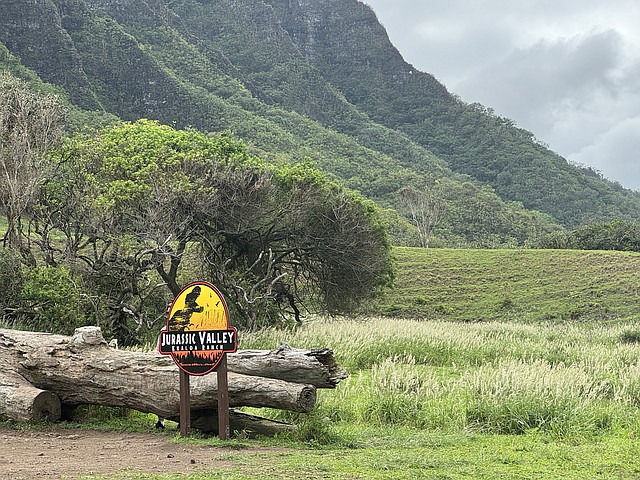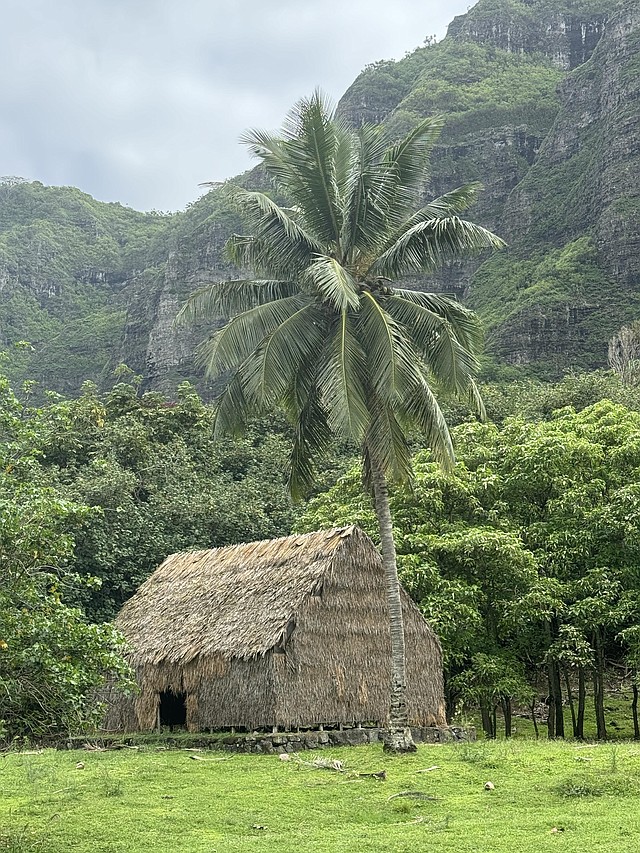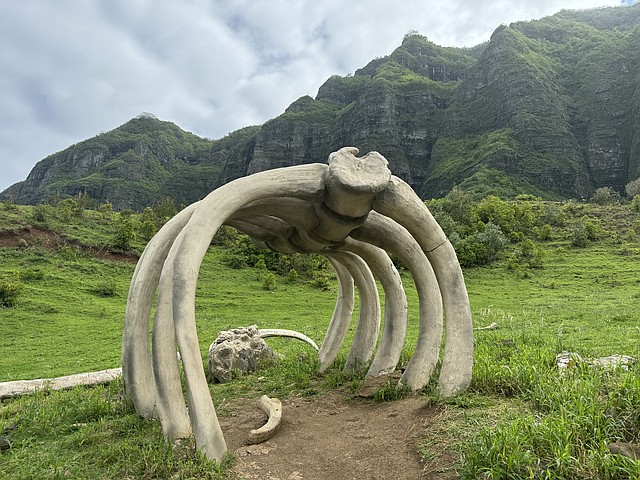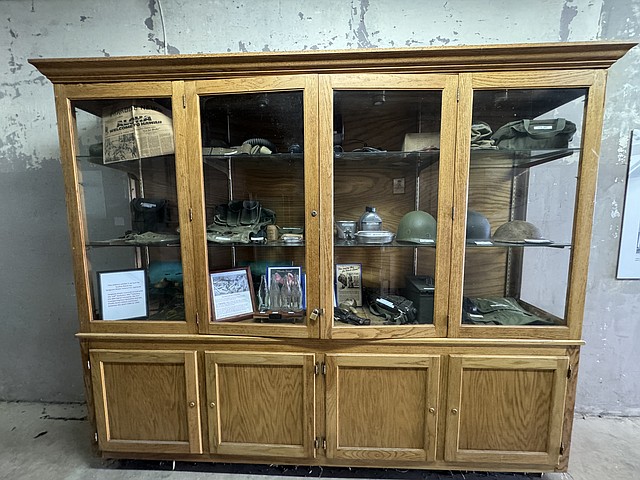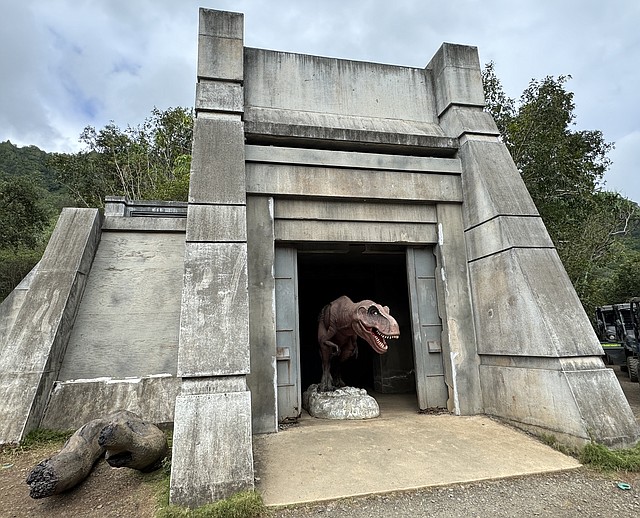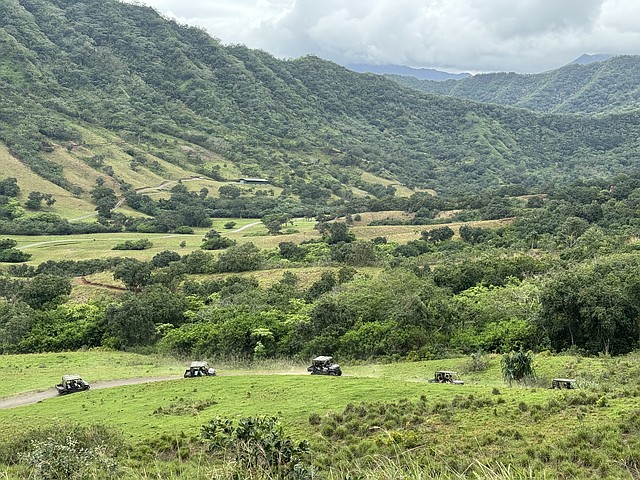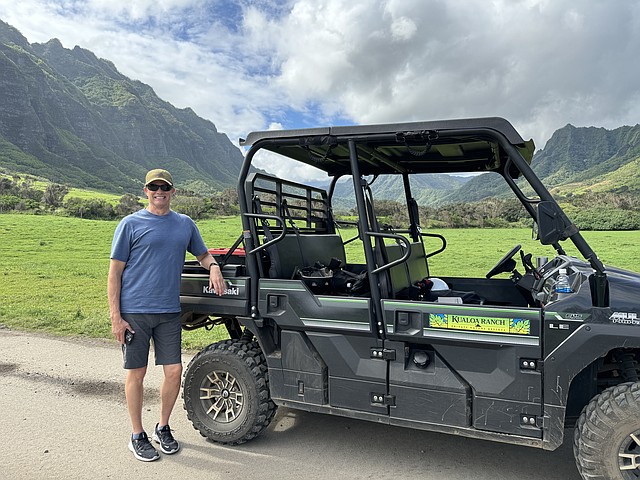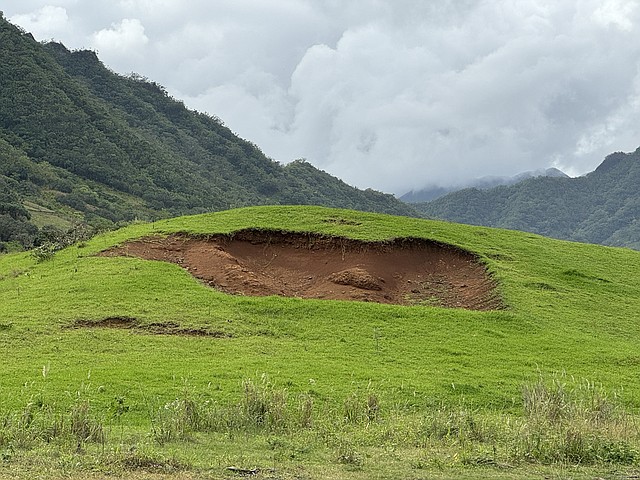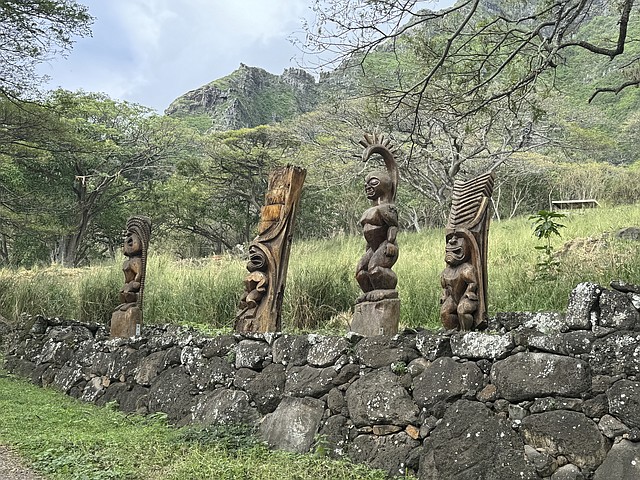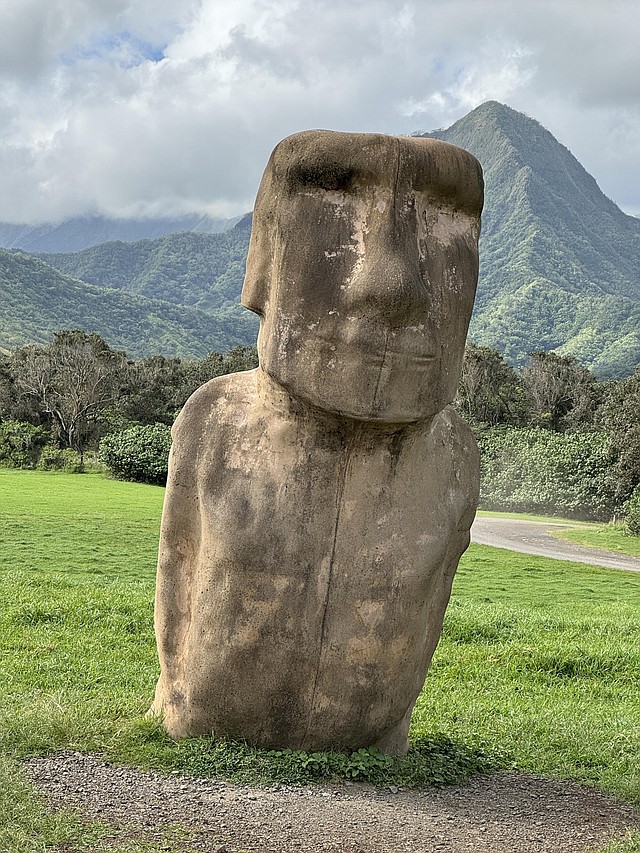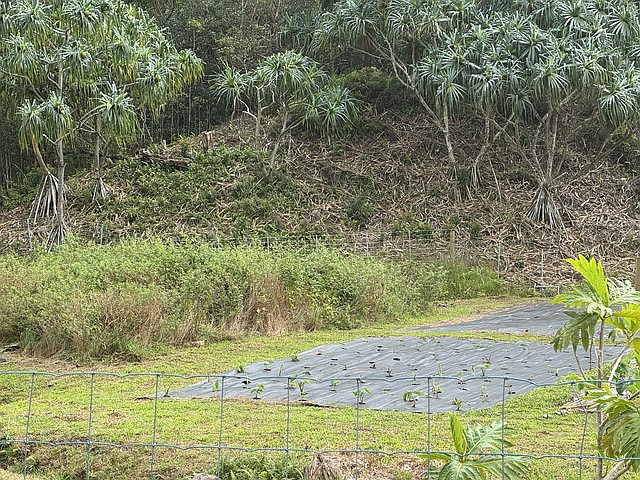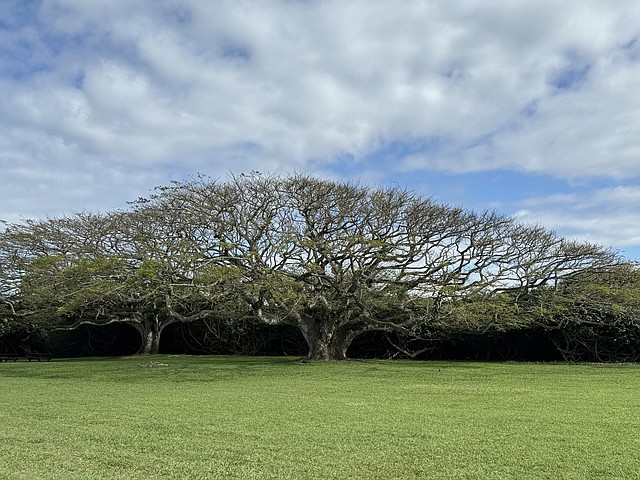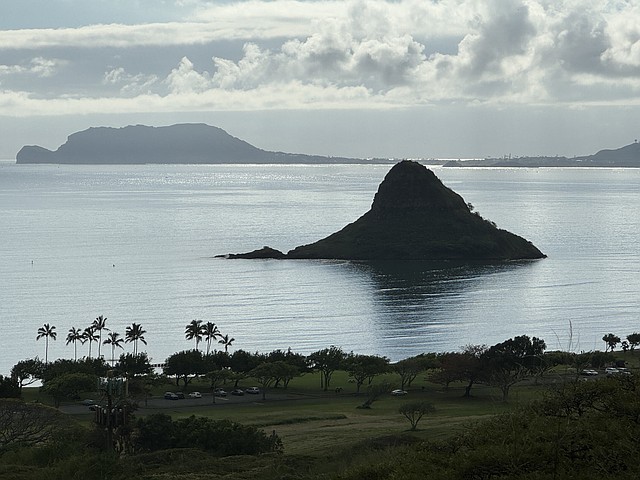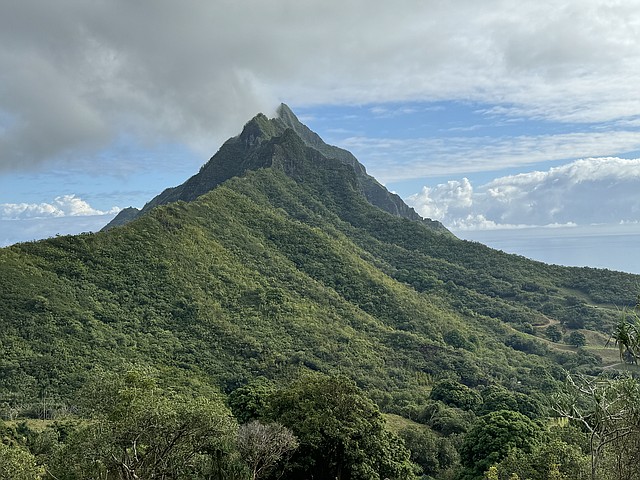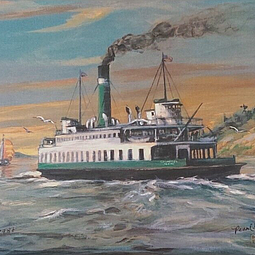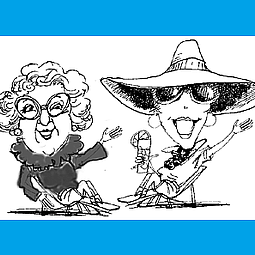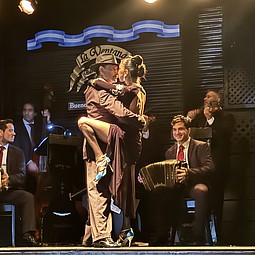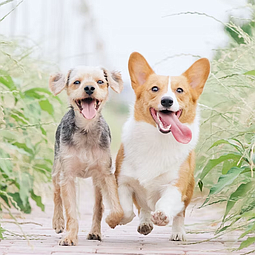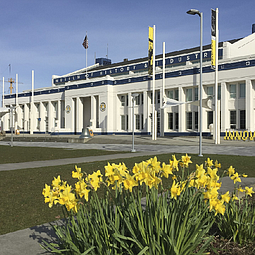After spending a few days in Honolulu, you might yearn to escape the skyscrapers and concrete, not to mention the sheer density of people roaming Waikiki. Fortunately, the island of Oahu offers plenty of spots where peace and serenity reign.
Less than an hour’s drive from all the hustle and bustle of the city is Kualoa Ranch, a picturesque destination on Oahu’s windward side. A Private Nature Reserve and working cattle ranch, the 4,000-acre property has been listed on the National Register of Historic Places since the 1970s.
Kualoa, which means “long back” in Hawaiian and refers to the ranch’s deep valleys and soaring mountainous peaks, was sacred to ancient Hawaiians from the 13th to the 18th century. In 1850, American doctor and missionary, Dr. Gerrit Judd bought 622 acres of the land at Kualoa for $1300, as well as the island of Mokoli'I, just offshore, from King Kamehameha III. Dr. Judd was the first person to translate medical journals into the Hawaiian language for the king and served as one of his advisors. As gratitude for his work, the king sold him the land. The doctor subsequently purchased several thousand more acres in the ensuing years.Dr. Judd and his brother-in-law, Samuel Wilder started a sugarcane plantation and built a sugar mill at the ranch. But in a relatively short period of time, the farming ended and the mill closed due to low rainfall.
Flash forward to WWII, when the U.S. military occupied the land, which was used as the site of Kualoa Airfield. Post war, the ranch returned to the Morgan family, the owners and descendants of Dr. Judd. It has since remained in the hands of this family for seven generations, who continue their commitment to preserve the beauty and cultural and historical significance of this special place. As stewards, they work to enhance the natural scenery of the land, while developing sustainable recreational, agricultural and aquacultural enterprises that are compatible with the environment.To this endeavor, the ranch has created a number of tours available to the public to explore this incredible destination. The offerings appeal to everyone from adrenaline junkies to film buffs and nature lovers, and cover the ranch by land and water.
Film aficionados might recognize parts of the ranch, as it is known as Hollywood’s “Hawaii’s Backlot,” due to the hundreds of movies and TV shows filmed here since the 1950s. It is a sought after location due to its breathtaking landscapes and diverse terrain, from tropical forests to dramatic mountain scenery.
Some refer to it “Jurassic Park Hawaii,” because the blockbusters “Jurassic Park,” “Jurassic World” and “Jurassic World: Fallen Kingdom” all had scenes filmed at the ranch, including those unforgettable stampede shots.
This vast nature reserve has also been the backdrop for “Windtalkers,” “50 First Dates,” “ Kong Skull Island,” “Jumanji,” “Along Came Polly” and more. And it’s also served as locations for a number of television series like “Hawaii Five-O,” “Lost,” “Magnum, P.I.,” “The Biggest Loser” and “ER.”
The Movie Sites and Ranch Tour takes you to the Kaʻaʻawa Valley, where much of the filming has taken place. You’ll hop aboard a vintage school bus and stop at such locations as the boneyard from “Kong Skull Island,” the “Jumanji” dance-fight area, the ATV hill from “Mike & Dave,” Godzilla’s massive footprints and other sites.
You’ll also visit a historical WWII army bunker, the Battery Cooper, which is built into the side of the mountains. Inside are posters, props and memorabilia from movies and TV shows filmed at the ranch, as well as some WWII artifacts and exhibits.
If
your focus is solely on dinosaur pics, the Jurassic Adventure Tour is right up your alley. This excursion goes to the iconic Jurassic film sites located in the ranch’s three valleys: Kaʻaʻawa, Hakipu`u and Kualoa. On display will be the Indominus Rex paddock with its sixty foot walls, the bunkers and authentic dino cages used in the movies and more. The selfie opps are extensive!
One of the most popular excursions is the UTV Raptor Tour, where you’ll get to drive your own open-air UTV Raptor vehicle and follow a guide in conga line fashion with other UTVs. You’ll transverse valleys and remote areas on dirt roads and trails, stopping at various spots for scenic vistas and movie locations. As an option, you can do this tour as a ride-along situation, where you won’t be driving, but rather sitting back, relaxing and learning about all the sights from your personal guide.
You can also explore the Kaʻaʻawa Valley on horseback or e-bike, or even via a zipline tour. But if you’re looking for an in-depth experience, the Private 3-Hour UTV Ride Along Adventure is the ideal choice.
My husband and I opted for this tour, as we wanted a more immersive exploration and the opportunity to go to some places on the ranch that are off-limits to other tours. We also wanted to be able to get off and take photos when we wanted, bombard our guide with questions, etc., without worrying about annoying others.
Our guide TJ proved to be very knowledgeable and personable, as he educated us about the ranch, its lengthy history, legacy and stewardship efforts. He also took the time to include information about Hawaiian culture and traditions, regaling us with various stories about some of the more colorful legends. Hawaiians have up to 10,000 gods and demigods and as you can imagine, the tales abound.
We visited movie locations and the above-mentioned WWII bunker, stopped at carved tiki statues and soaked up the sublime scenery at a number of viewpoints. We also passed by various agricultural and aquacultural projects and heard about fishpond and stream restoration efforts.
The ranch has a diversified agricultural operation and grows, cultivates and raises food for Hawaii and its visitors. This includes sixty different crops, flowers and the production of a variety of protein (beef, pork, shrimp, oysters and lamb). You can purchase and taste some of the products at the ranch’s onsite store and market.
As an active cattle ranch, there are over 400 cows freely roaming the place. We saw dozens, some who chose to be temporary road blockers!
It’s hard not to be impressed by the spectacular landscape – the jagged mountains and steep cliffs, verdant valleys and thick jungles are awe-inspiring. The flora is extensive with kukui, monkey pod, koa, mango and breadfruit trees, creating a lush, tropical environment.
From various vista points, you can see the sparkling ocean and Mokoli'I Island, or Chinaman’s Hat as it is commonly called. And you can’t miss the Kualoa ridge, or Kānehoalani, which dominates the panorama. As the highest peak on the ranch, it stands in sentinel style overlooking its realm. Kānehoalani means “Kāne's heavenly companion” and according to Hawaiian mythology, Kāne was the creator, who gave life associated with the dawn, sun and sky. For the ancient Hawaiians, Kualoa was a place of refuge or sanctuary.
Through this private tour, we were able to dig deeper into the ranch and understand that Kualoa is a living, breathing place with much agricultural, cultural and rich historical value. This is real Hawaii.www.kualoa.com
Debbie Stone is an established travel writer and columnist, who crosses the globe in search of unique destinations and experiences to share with her readers and listeners. She’s an avid explorer who welcomes new opportunities to increase awareness and enthusiasm for places, culture, food, history, nature, outdoor adventure, wellness and more. Her travels have taken her to nearly 100 countries spanning all seven continents.
